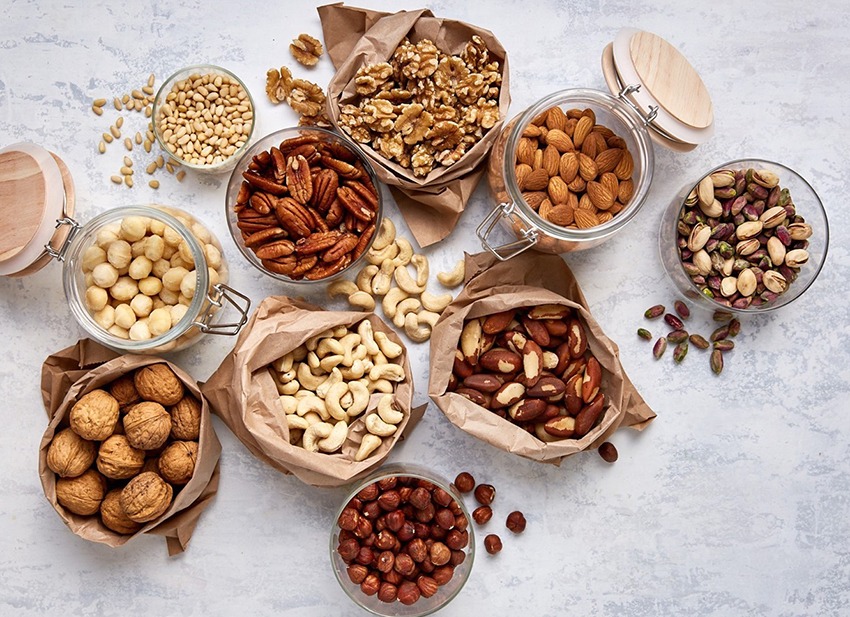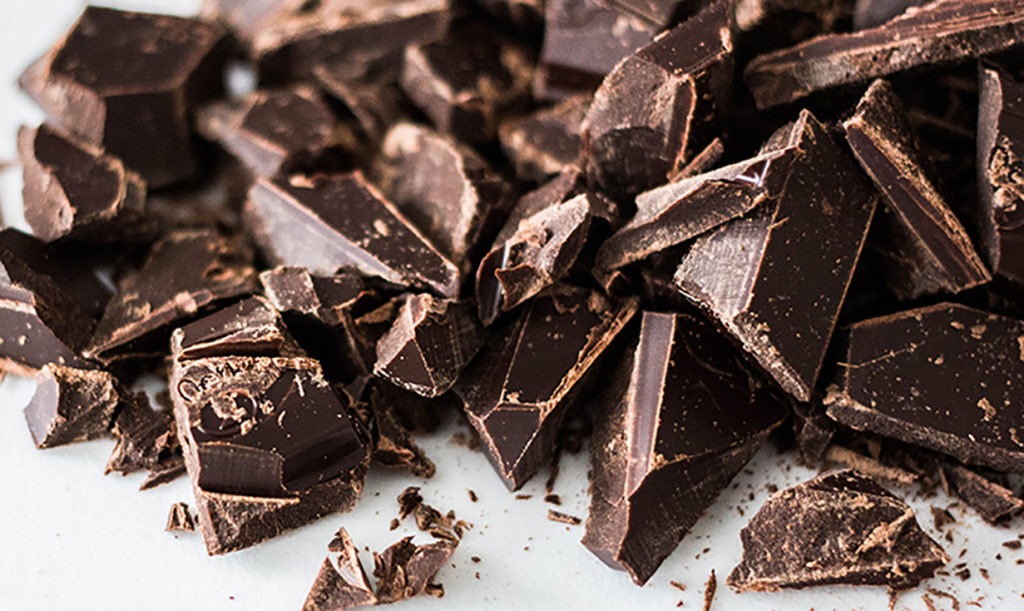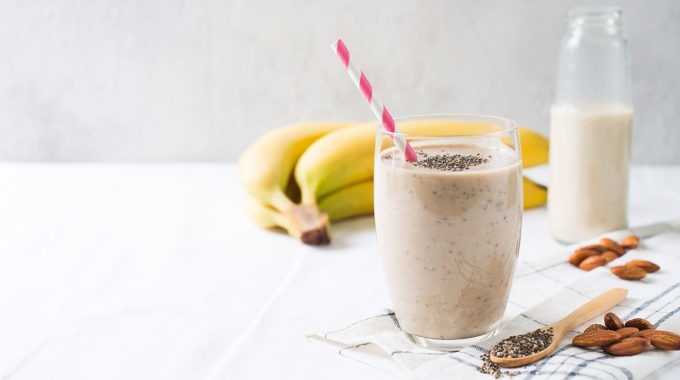Foods for body and mind: new research
Ask any ridiculously healthy person what their secret is, and they’ll likely tell you it’s all about consistency. While that might sound a tad dull, it’s also true. Eating well most of the time is always going to bring you more benefits than the occasional juice cleanse or handful of pills. Nutrition scientists have been telling us this for years, and just in case we weren’t paying attention, they keep coming up with new evidence to prove it. Below, we’ve outlined the latest advice on the best foods for body and mind. Just for fun, we also share one rather dubious claim that – while tempting to believe – is clearly too good to be true.

Dairy good news
While plant-based milks might be totally in right now, it turns out a dash of good old-fashioned cow’s milk could be just the ticket for a healthy ticker. New research from the University of South Australia in partnership with the University of Reading, UK, has found that people who regularly consume cow’s milk have a lower risk of heart disease.
The researchers looked at genetic biomarkers of more than 400,000 people and found that those who drank milk more often had lower blood cholesterol and a lower risk of heart disease. Here in Australia, more than four million people have heart disease, and it kills one person every 28 minutes. But that cheering thought aside, the good news is that most heart disease risks are preventable through a healthy diet and lifestyle.
“The risk reduction could be explained by milk calcium,” says UniSA researcher and Director of the Australian Centre for Precision Health Professor Elina Hypponen. “This has been shown to increase the enzymes that break down fats in the body, thereby lowering cholesterol levels. What this study shows is that milk can be a part of a healthy diet; there’s no need to limit milk consumption if you’re looking to improve your heart health.”

Stay sharp with nuts
If you’d like to keep your mind sharp well into your golden years, you should go nuts. New research from Deakin University has found that older people who eat a small handful of nuts every day are helping to maintain their cognitive function. Significant brain benefits were seen in people over 60 who ate half to one serving of nuts each day (15-30g).
“Eating a handful of nuts each day is a simple strategy that improves cognitive performance for older adults, among many other health benefits,” says study lead Dr Sze-Yen Tan.
A single serving of nuts is equivalent to around 20 almonds, 15 cashews, 10 Brazil nuts or 10 walnuts. And in great news for those who love a nutty spread, Dr Tan says peanut butter and other nut butters should also work as a brain-booster.
“We included all tree and ground nuts, in whole and butter forms,” he says. “Because all nuts have similar nutrient profiles, the findings are likely applicable across all forms.”

More juicy findings for fruit
Eating at least two serves of fruit a day has been linked with 36 percent lower odds of developing type 2 diabetes. A new Edith Cowan University (ECU) study found that people who ate two serves of fruit each day had higher measures of insulin sensitivity than those who ate less than half that. Low insulin sensitivity is a risk factor for developing type 2 diabetes. The study’s lead author, Dr Nicola Bondonno from ECU’s Institute for Nutrition Research, says the findings offer yet more evidence of the many health benefits of fruit.
“We found an association between fruit intake and markers of insulin sensitivity,” she says. “This suggests that people who ate more fruit had to produce less insulin to lower their blood glucose levels. High levels of circulating insulin can damage blood vessels and are related not only to diabetes; also to high blood pressure, obesity and heart disease.”
The researchers didn’t find the same beneficial effects from fruit juice. This tends to be much higher in sugar and lower in fibre. So stick with fresh. Or if you really must drink your fruit, always juice whole fruit to get the full benefits.

Chocolate for breakfast?
Eating chocolate every day might sound like a recipe for trouble, but a new study of postmenopausal women has found that eating a small amount of choc during a narrow window of time could help the body burn fat and lower blood sugar levels.
Researchers from the US and Spain observed the effects of two groups of women who ate either 100g of milk chocolate in the morning within one hour after waking up or at night within one hour before bedtime. They compared weight gain and other health measures against another group of decidedly unlucky women who got no chocolate to eat at all.
The results were pretty surprising. They showed that morning and night-time chocolate intake didn’t lead to weight gain. In fact, eating chocolate during the morning hours could help to burn fat and reduce blood glucose levels. The researchers also found that eating chocolate reduced the women’s appetite, particularly if they ate it in the morning; while eating chocolate before bed helped to regulate sleep and boost metabolism.
While we’re all for eating chocolate whatever the time of day, before you crack out the Cadbury, it’s worth noting that this was a very small study. And since milk chocolate is super high in sugar, there are definitely smarter ways to go about maintaining a healthy weight.









